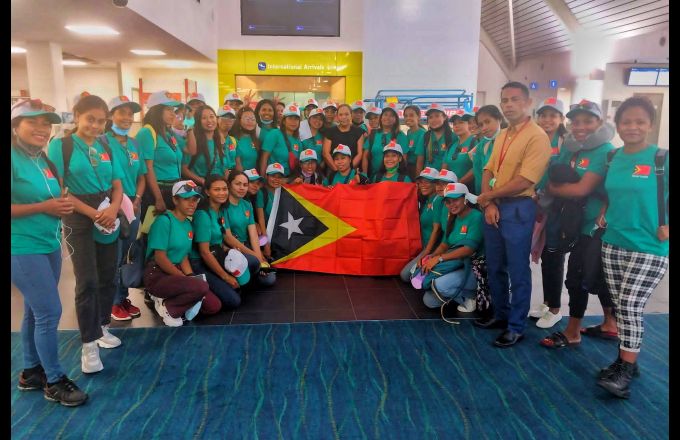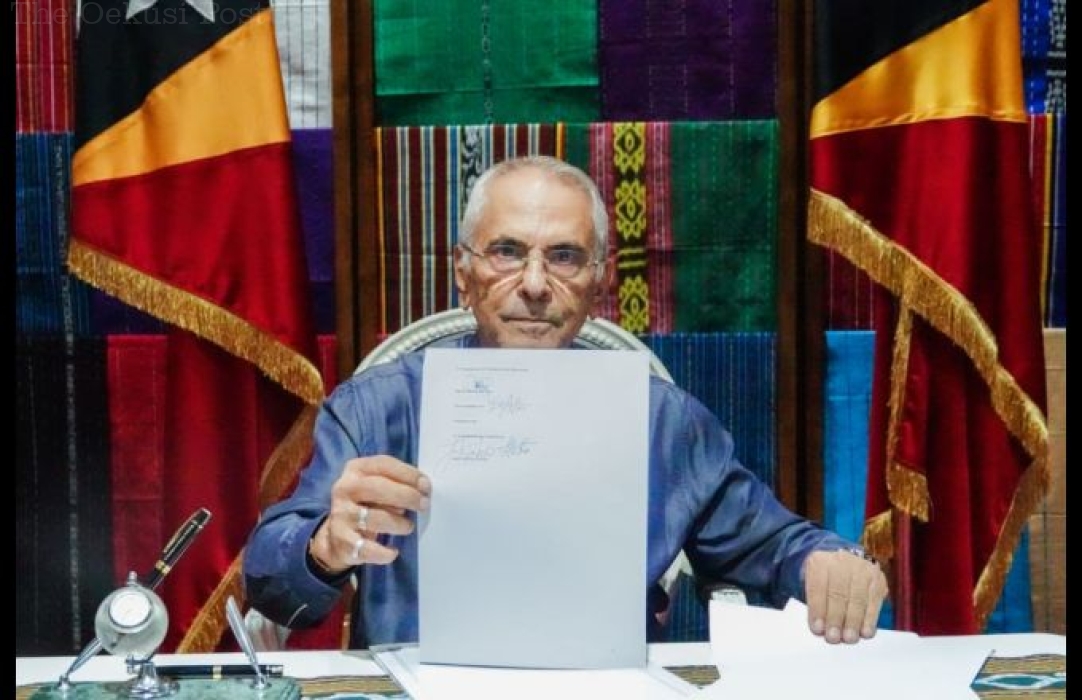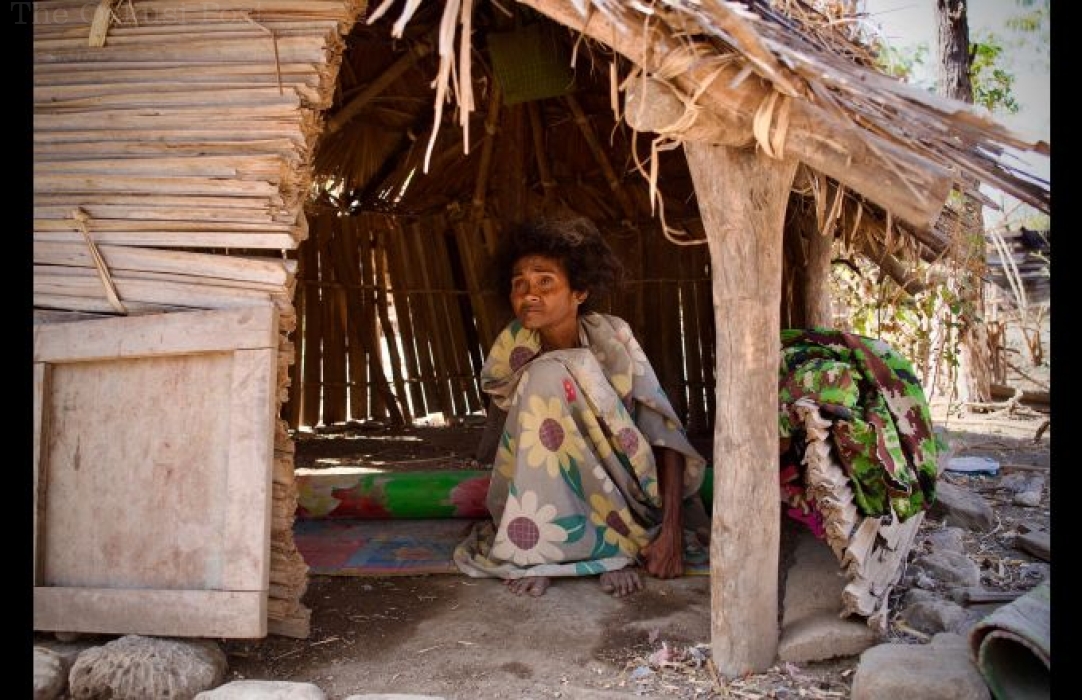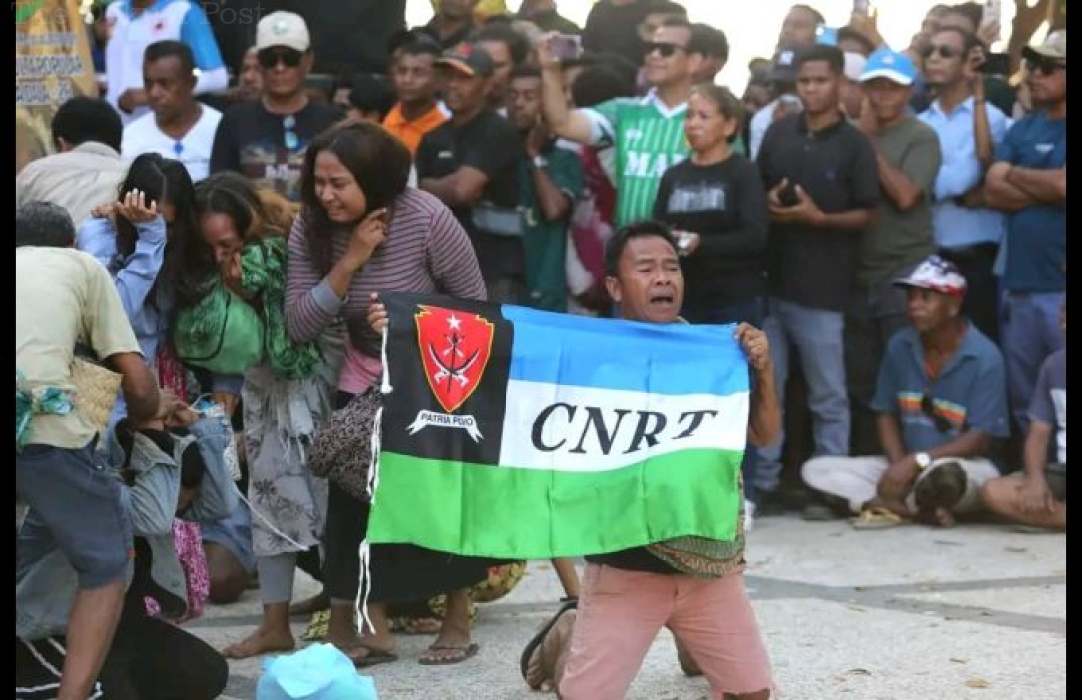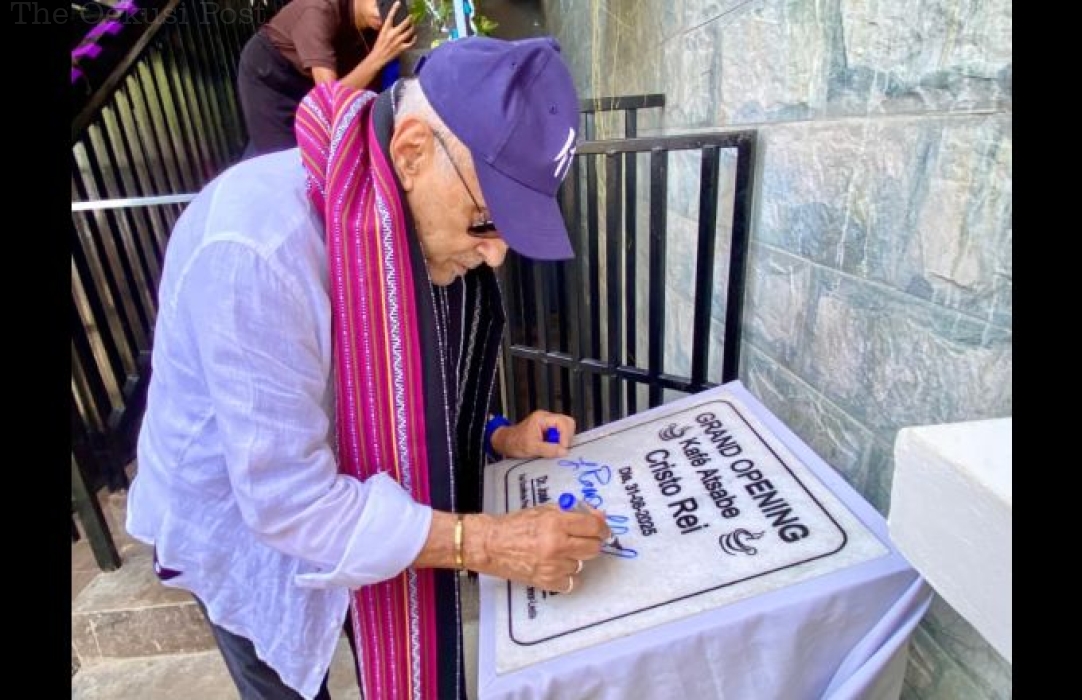DILI (TOP) – The government of Timor-Leste, led by the prime minister, Taur Matan Ruak, has succeeded not in boosting the domestic economy to create new job opportunities, but its leadership has succeeded in causing thousands of young people to be forced to leave their homeland due to the ongoing employment crisis.
The state's annual budget since 2018-21 is more than $3 billion, but hundreds of houses, bridges and roads that were destroyed by Tropical Cyclone Seroja on April 4, 2021, have not been repaired so far. Worse yet, the total state budget has not succeeded in reviving the domestic economy in order to create new job opportunities for the entire community.
This situation made the MP from the KHUNTO faction Antonio Verdial feel very upset for the government's promise that abandoned the road conditions to the religious tourism sites on Mount Ramelau very bad.
This statement shows that the government structure of Taur Matan Ruak which is assisted by the FRETILIN party is very weak to run the government and execute the state budget.
While the state budget since 2017-22 has amounted to more than $10 billion, but the domestic economic life to date is very worrying where almost every week new workers have to leave this small country to go to other countries to earn a living.
In Timor-Leste, 41.8% of the population lives below the national poverty line in 2014. The proportion of employed population below $1.90 purchasing power parity a day in 2021 is 22.6%. For every 1,000 babies born in Timor-Leste in 2020, 42 die before their 5th birthday.
The economy of Timor-Leste is a low-income economy as ranked by the World Bank. It is placed 133rd on the Human Development Index, indicating a medium level of human development.
Timor-Leste's GDP growth is expected at 2.5% in 2022 and 3.1% in 2023 – ADO 2022 and the inflation rates forecasted at 2.6% in 2022 and 2.7% in 2023.
Timor-Leste’s economy is expected to grow in 2021 and 2022, supported by large public investments and the government’s Economic Recovery Plan. The growth prospects are clouded by a surge of coronavirus disease (COVID-19) cases since March 2021 and severe damage from the flooding in April, according to a new report from the Asian Development Bank (ADB).
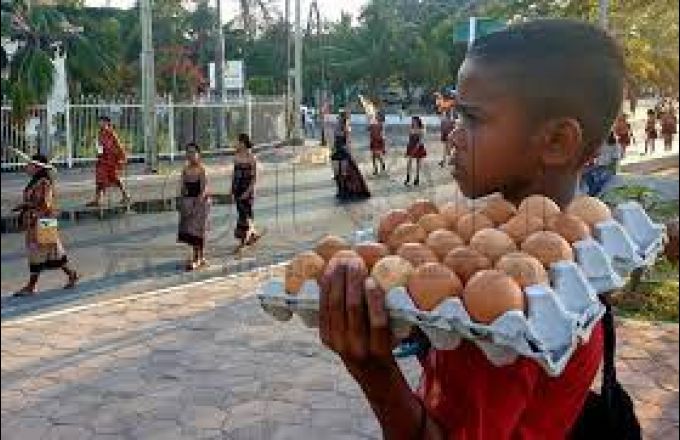
The Asian Development Outlook (ADO) 2021 projects Timor-Leste’s non-oil gross domestic product to grow 3.4% in 2021, following a contraction of -7.9% in the economy in 2020. Inflation will edge up, partly because of higher international food prices. Inflation is forecast to increase to 2.0% in 2021 from 0.5% in 2020. The forecast assumes that the country can keep the pandemic in check.
In 2018, the VIIIth Government of Timor-Leste has plans to create 60,000 new jobs a year and the Economic Recovery Plan aims to create more decent jobs, but instead unemployment is increasing, and COVID-19 has caused further job losses.
And according to the Workforce Development Program Timor-Leste (WDPTL) that, current estimates unemployment is 11.9% but amongst young people it is much higher. Research from UNDP found 21.1% of 25-29 year olds were unemployed (UNDP March 2021) and Monash University estimates that youth unemployment is 30% overall with one in three seeking work unable to find any.
Young people make up 70% of the population, with more each year reaching employment age. This youth bulge demands the attention of policy makers and leaders. Young people themselves deserve a future which includes decent work and a living wage.
Finding solutions to this problem is both a complex and urgent economic and social policy challenge. It requires Timor-Leste’s best minds to develop solutions, young people to use their voice, and for those in power to work together to take real action to create jobs.
Regarding this situation, Prime Minister Taur Matan Ruak himself was very happy with the departure of these young people abroad. He let them go abroad on the grounds that his government had not been able to create new jobs.
“Basically, I really appreciate their sacrifice and dedication to go abroad to contribute to national development. As we know, our country has only been around for 20 years and has not yet had the ability to open up new jobs for our people. With that, one way is to send them abroad,” PM Taur told reporters at the Dili presidential office, Thursday 9 June 2022.
Meanwhile, according to data from the National Director of Foreign Employment Filomeno Soares, from January to June this year, 595 East Timorese workers have been sent to South Korea, and hundreds of them to Australia.
The politics of sending workers abroad has given rise to discussions of the pros and cons on social media.
Even so, according to an interview by Radio Australia with the President of the Republic, José Manuel Ramos-Horta a few days ago, he asked the Labor government to increase the number of Timorese workers and asked Prime Minister Anthony Norman Albanese to grant work visas to workers from Timor-Leste to work in Australia.






